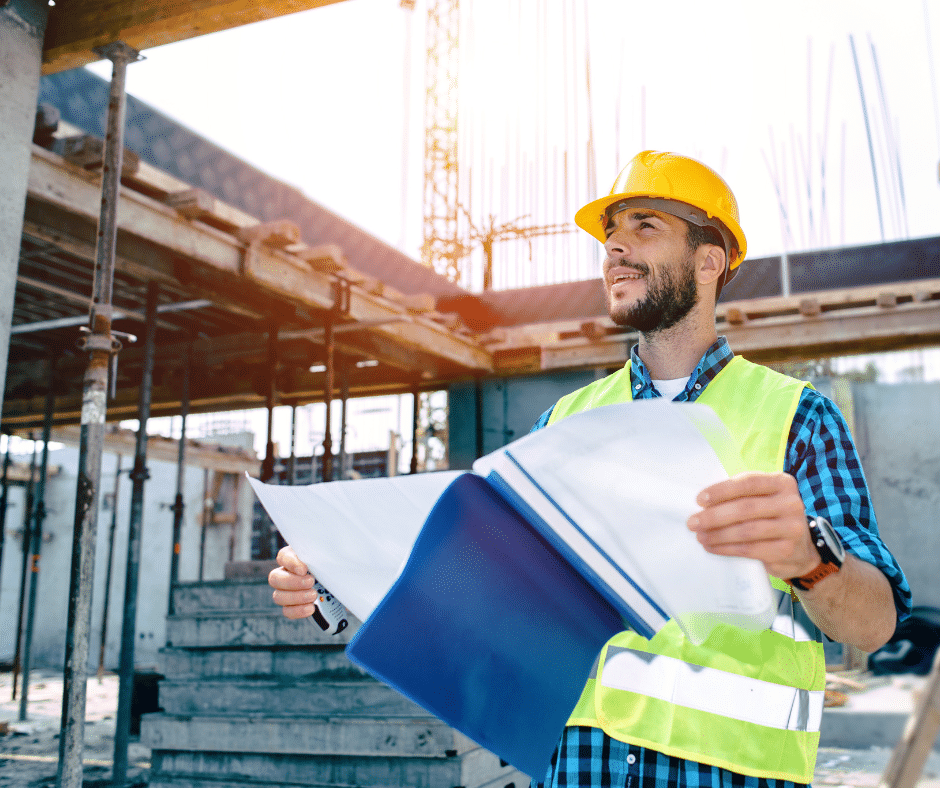In commercial buildings, two vital components that determine the achievement of a project are profitability and sustainability. Concrete slabs are a vital factor among the many structures available because they are strong, long-lasting, and reasonably priced. The foundation of commercial buildings, factories, manufacturing sites, and even tall buildings is made up of these slabs. According to this article, concrete slabs are a popular option for builders and developers since they increase durability as well as efficiency in commercial development.
Increasing the Cost Efficacy and Productivity of Development
- Minimal Upkeep Expenses:
Concrete slabs require less upkeep than other flooring and foundation materials because of their longevity. Building owners can save a lot of money over time by maintaining the surface for decades with routine inspections and little repairs.
- Installation Speed:
Precast concrete slabs are one example of a modern building method that makes installation quicker and more effective. By being produced off-site and delivered to the construction site, these slabs drastically cut down on labor expenses and project completion times.
- Effectiveness of Energy:
Because concrete slabs have a high thermal mass, they help save energy. They lower the cost of cooling and heating in order industrial structures by absorbing and storing heat during the day and releasing it at night. They are therefore a sustainable option that supports green building techniques.
Exceptional Sturdiness for Long-Lasting Constructions
- Adaptability to environmental factors and weather:
Concrete slabs deliver superior resilience to environmental priorities, in contrast to wood or other materials that could decline as a result of moisture, termites, or temperature changes. From hard cold winters to sweltering summers, they can withstand harsh weather circumstances without breaking or degrading.
- Excellent Strength for compression:
Because of their outstanding compressive strength, concrete slabs are known for their ability to support large weights and heavy traffic. Concrete’s durability guarantees structural integrity for many years in commercial environments, such as factories, corporate offices, and retail stores, where people and machinery are constantly moving.
- Resistance to Fire:
Commercial buildings are particularly vulnerable to fire, and concrete slabs offer a built-in fire barrier. In contrast to steel or wood, which can deform or burn under extremely hot conditions, concrete keeps its structural integrity, allowing residents more time to leave and reducing damage.
Implications to the Environment and Sustainability
- Less Carbon Emissions:
Concrete slabs made with energy-efficient methods can help commercial structures lower their carbon impact. They lessen the need for HVAC systems and cut down on energy use by helping with passive heating and cooling.
- Eco-friendly substance:
Since concrete is created using natural resources like water, clay, and limestone, it is a bearable building material. Employing recycled aggregates in the manufacturing of concrete also reduces its harmful effects on the atmosphere and enables sustainable construction practices.
Adaptability in Applications and Design
- Multifunctional Use:
Concrete slabs are used for several purposes, such as elevated slabs in high-rise buildings and flooring in industrial facilities. Their versatility in commercial construction is further demonstrated by their use in spaces outdoors such as patios, sidewalks, and parking lots.
- Tailoring and Visual Appeal:
These days, concrete slabs are more than simply a lifeless, gray surface. Commercial areas are now more aesthetically pleasing because of the introduction of polished surfaces, stamped finishes, and ornamental concrete brought about by advancements in building technology. Companies can select designs that are consistent with their brand identity while preserving concrete’s strength.
Final Remarks
In order to increase durability and efficiency in commercial buildings, concrete slabs are essential. Their strength, durability, affordability, and sustainability make them an excellent option for builders seeking low-maintenance, long-lasting solutions. Because concrete slabs provide dependable and effective building solutions, they will continue to influence the direction of commercial development whether they are utilized for structural elements, floors, or foundations.


